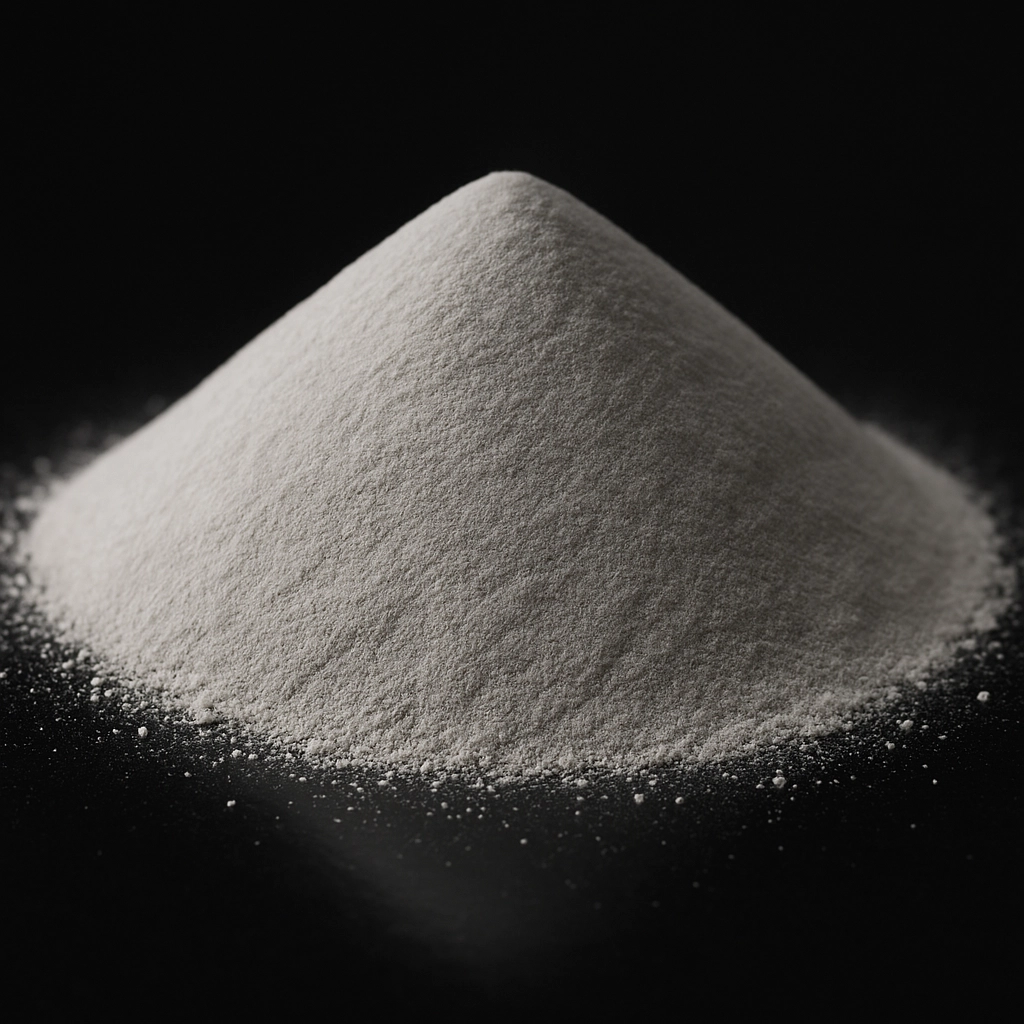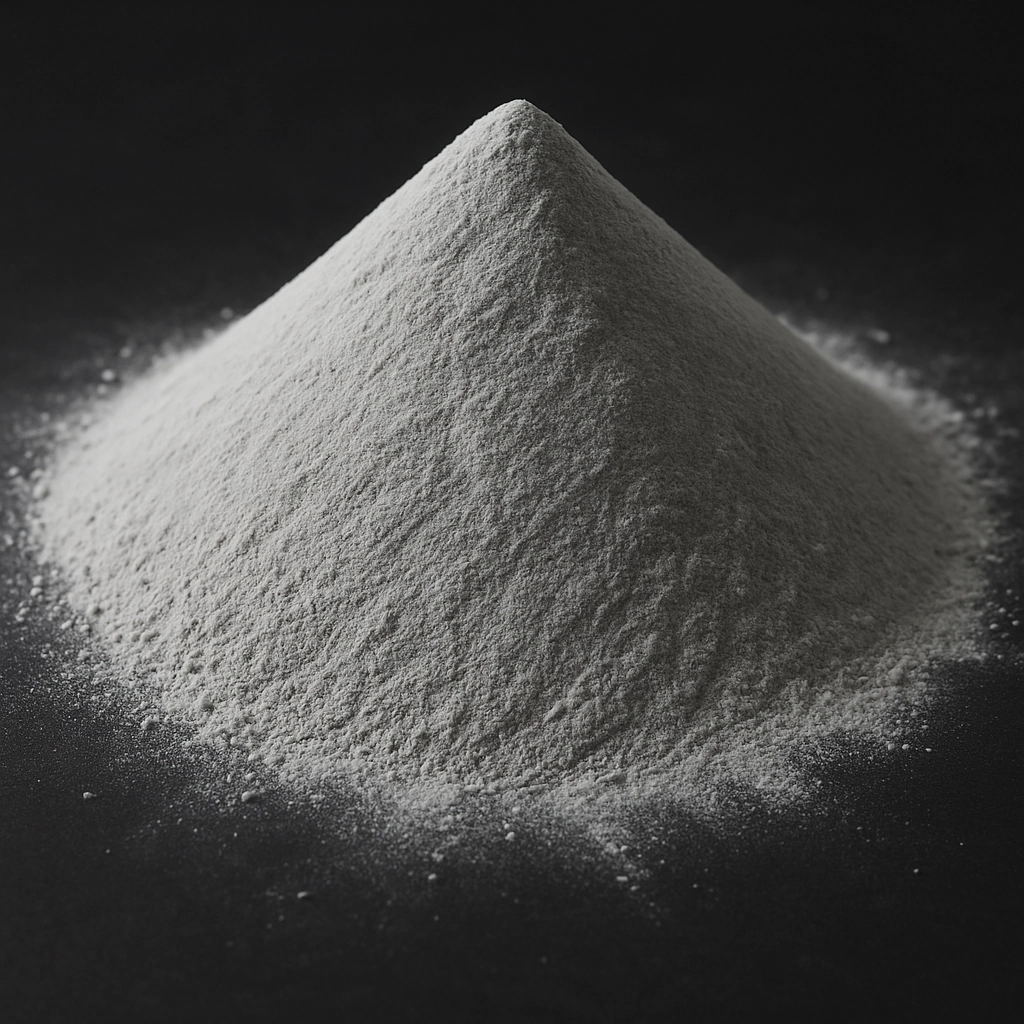


Microsilica, or silica fume, is an ultrafine powder with nanometric particle size, produced as a byproduct of the ferrosilicon industry. It has a very high specific surface area and high chemical reactivity, and when incorporated into concrete, it increases compressive and flexural strength, reduces permeability, and enhances the durability of structures.
By filling voids and creating a dense microstructure, microsilica makes concrete resistant to water penetration, corrosive agents, and freeze-thaw cycles, making it widely used in civil and industrial construction projects.


Adding microsilica to concrete not only improves its mechanical properties but also enhances resistance to abrasion and environmental wear. Through its highly reactive pozzolanic behaviour, it converts free calcium compounds into stable and strong calcium silicates, which significantly contribute to concrete strength.
Microsilica also plays a crucial role in reducing alkali–silica reactions and preventing related cracking. Its use in marine structures, bridges, and water tanks greatly increases the service life and durability of these constructions.
The use of microsilica in concrete placement near coastal areas has recently gained significant attention from construction engineers. Due to its prominent pozzolanic properties, microsilica is increasingly utilized in advanced countries to enhance mechanical properties and improve concrete durability.
Microsilica is a byproduct of electric arc furnaces during the production of ferrosilicon alloys. It contains over 90% non-crystalline silica and consists of ultrafine particles with an average diameter of 0.1–1.1 microns, making it highly pozzolanic and ideal for use as a cementitious material in concrete, in compliance with ASTM C1240.
In concrete, microsilica densifies the cement paste structure, reduces permeability, and increases compressive, tensile, and flexural strength. It also enhances resistance to abrasion, minimizes permeability, and prevents the penetration of chlorides, sulfates, and other harmful chemicals, significantly improving the durability and longevity of concrete structures.
Microsilica, with its ultrafine particles and very high specific surface area, not only increases the mechanical strength of concrete but also enhances its durability and reduces permeability under harsh environmental conditions. These properties make concrete highly resistant to water penetration, corrosive agents, and freeze-thaw damage, making microsilica an ideal choice for long-lasting civil projects and specialized concrete structures.
Our company produces and supplies microsilica using premium raw materials and advanced technology, fully compliant with international standards. Our expert team provides technical consultation, fast delivery, and competitive pricing, helping you achieve strong and durable concrete. Our products improve project efficiency and minimize maintenance and repair costs. Choose our company as your reliable partner for successful construction projects!

| Mo% | LOI% | MgO% | C% | CaO% | Fe₂O₃% | Al₂O₃% | SiO₂% |
|---|---|---|---|---|---|---|---|
| 1.5 max | 1.5-2 | 0.8-2 | 0.8-2 | 0.5-1 | 1.2-2 | 0.6-1.2 | 90-95 |



WhatsApp us